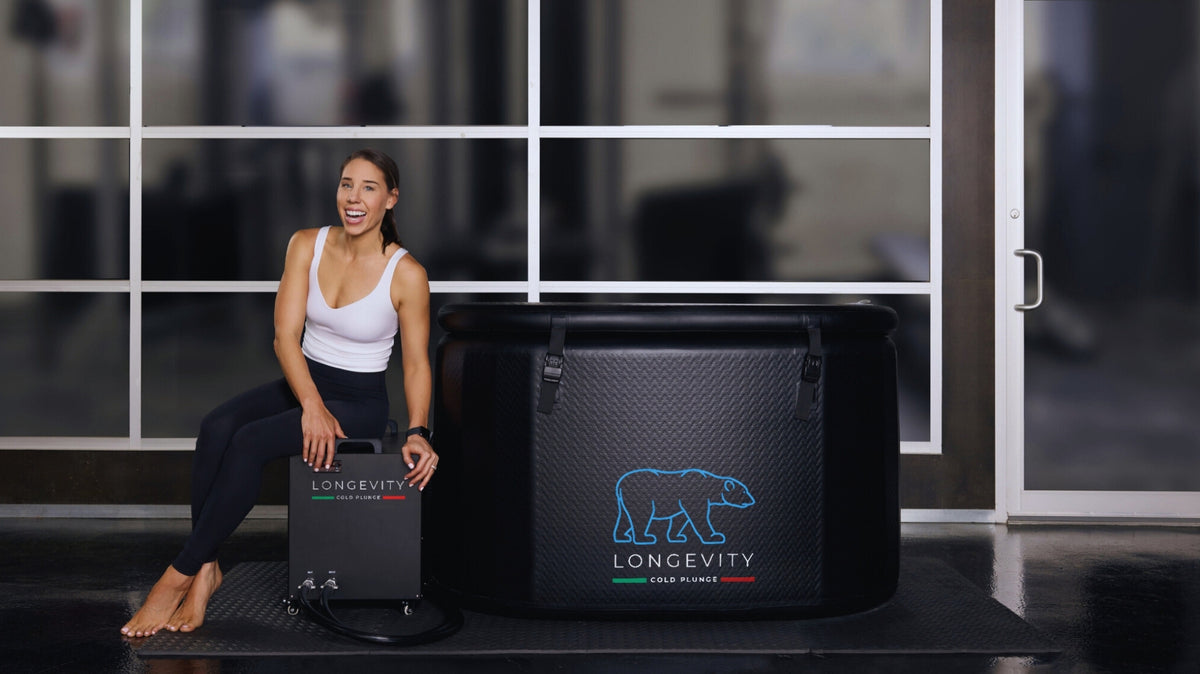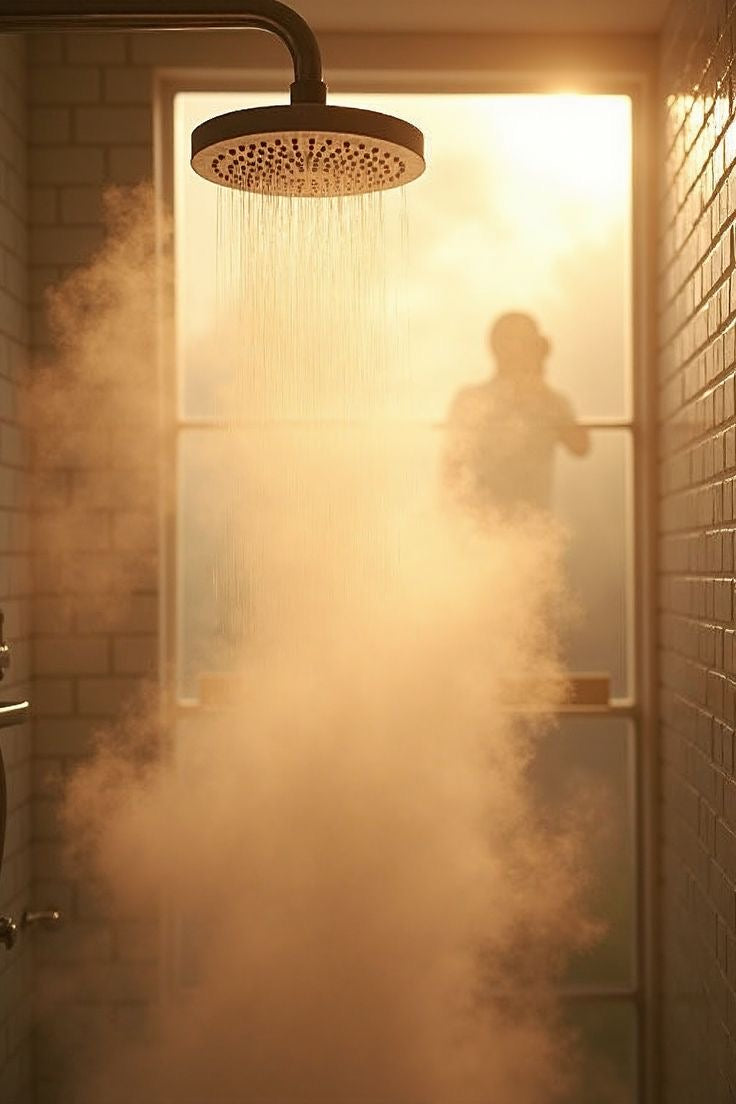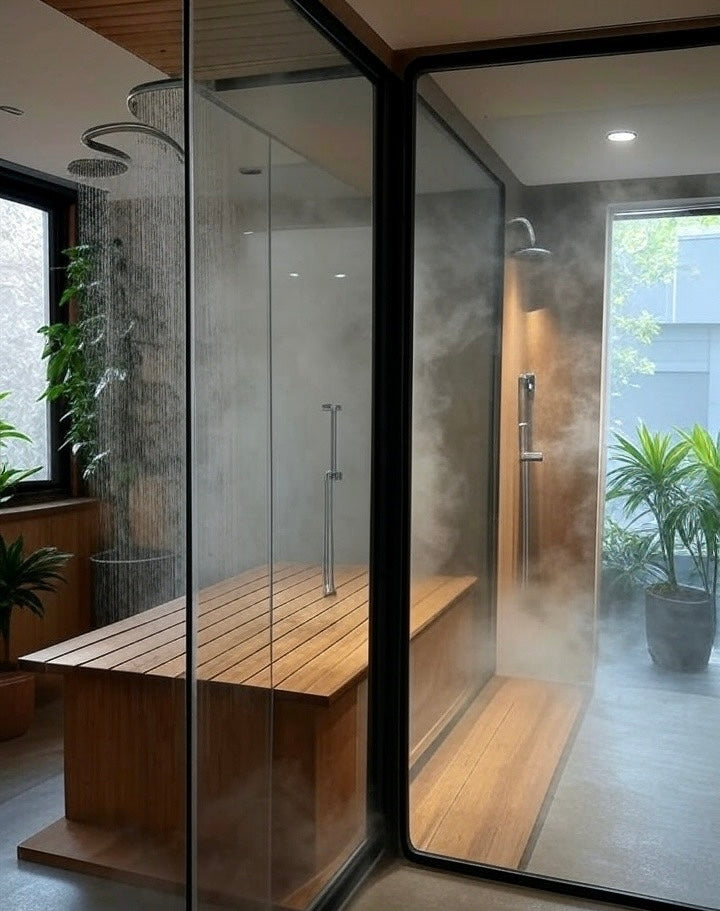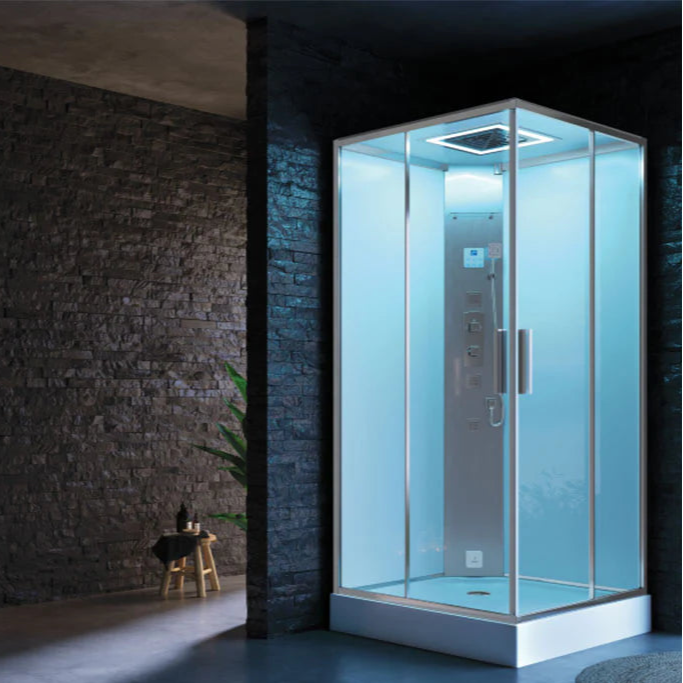Thinking of swapping spreadsheets for an Ice Bath? Short answer: yes—Cold Plunge ventures can be profitable. But only with the right setup, smart planning, and an appealing Cold Plunge Tub or Ice Bath Tub experience. Keep reading to avoid common pitfalls and maximise your chill returns!

Is a Cold Plunge Business a Profitable Venture?
Understanding the Growing Market Demand
The Rise of Wellness and Recovery Trends
The global wellness movement has sparked increased interest in cold therapy. With more people embracing biohacking, recovery, and stress reduction, cold plunge solutions are gaining ground.
Fitness studios, spas, and wellness retreats now offer Cold Plunge Tubs as premium recovery services. This surge in demand reflects a broader shift in consumer priorities.
As the benefits of cold exposure become more mainstream, market traction continues to grow. This positions cold plunge businesses well for long-term relevance and expansion.
Target Demographics and Niche Markets
Health-conscious millennials, athletes, and high-performing professionals are driving demand.
Biohackers, fitness enthusiasts, and individuals focused on mental well-being also represent key consumer segments. These demographics value experiences that deliver results, not just relaxation.
Offering specialised services or tailored packages helps businesses carve out strong niche appeal. Mobile setups and home-install options also tap into emerging consumer habits.
Cold Plunge Benefits Driving Consumer Interest
Cold exposure offers recovery benefits, reduced inflammation, better sleep, and improved focus.
These tangible advantages help justify premium pricing. Consumers are drawn not only to the physical effects but also the ritual and mindset shift it provides.
Ice Bath Tubs are no longer fringe—they’re fast becoming mainstream fixtures in recovery culture. This growing awareness fuels continued market interest.
Key Financial Considerations for Profitability
Startup Costs and Initial Investment
Initial costs can vary based on setup. A basic setup with a Cold Plunge Tub, insulation, and chilling system might start at a few thousand pounds.
Custom-built studios or facilities integrated with saunas or spas will naturally involve higher investment. Costs also include branding, website, booking systems, and liability insurance.
Grants or wellness startup support schemes may help offset initial expenses for UK entrepreneurs.
Ongoing Operating Expenses (e.g., maintenance, utilities, staffing)
Energy costs are a key factor, especially for chilling systems that run year-round.
Other recurring costs include water treatment, equipment servicing, and staff salaries if operating a staffed location.
Automated or self-serve setups reduce overhead, while regular maintenance keeps operating costs predictable. Clear budgeting is essential to maintain healthy margins.
Revenue Streams and Pricing Models (e.g., memberships, packages, drop-ins)
Revenue often comes from tiered access models: single-use sessions, packages, or monthly memberships.
Bundling with other recovery services like infrared sauna or guided breathwork enhances value.
Corporate wellness packages or event hires offer additional income streams. Flexibility in pricing can attract different customer types, from casual users to loyal regulars.
Calculating Return on Investment (ROI) and Payback Period
ROI depends on location, demand, and pricing strategy. A modest setup may break even in under 12 months with steady client flow.
Premium models may take longer but offer higher margins. Tracking customer retention and upselling additional services improves ROProper market research and cost forecasting will keep expectations realistic and growth steady.
Strategies for Maximising Profit and Sustained Growth

Crafting a Robust Business Plan
A clear business plan outlines vision, target market, services offered, and pricing.
Include market research, SWOT analysis, and break-even projections. This helps with planning, funding, and decision-making as your cold plunge venture scales.
Strategic partnerships with wellness influencers or gyms can boost brand exposure early on.
Choosing the Right Business Model (e.g., standalone, integrated with other wellness services like sauna, mobile, franchise vs. independent)
Standalone plunge facilities can build strong community appeal, but integration with spas or gyms offers built-in traffic.
Mobile Cold Plunge Tub services are gaining popularity at events and private homes. Franchises offer support and brand strength, while independent setups allow more control.
Choose based on your goals, location, and access to capital.
Enhancing Customer Experience and Retention
User-friendly booking systems, ambient lighting, and guided audio can elevate the customer experience.
Feedback loops, loyalty rewards, and personalised recommendations boost retention. Creating a sense of ritual or community around the plunge helps develop brand loyalty.
Cleanliness and professional presentation remain essential to maintaining trust.
Effective Marketing and Customer Acquisition
Leverage social media with behind-the-scenes videos, testimonials, and recovery education.
Collaborate with local fitness influencers or offer intro sessions to new gym members. Strong Google reviews and SEO help with local discovery.
Referral programmes or seasonal offers drive new traffic cost-effectively.
Navigating Challenges and Ensuring Long-Term Success
Common Challenges in the Cold Plunge Industry
Market Saturation and Competition
Urban markets may become crowded as more wellness businesses add cold plunge offerings.
Differentiating on experience, pricing, or add-on services becomes critical. Rural or underserved areas may offer lower competition but require more outreach.
Innovation and niche positioning are key to standing out.
High Maintenance and Operational Demands
Equipment must be cleaned, filters changed, and temperatures monitored regularly.
Failures can disrupt business and impact customer satisfaction. Investing in high-quality equipment and maintenance contracts reduces risk.
Efficient SOPs ensure smooth operations even during peak periods.
Evolving Consumer Preferences
Trends shift, and customer needs evolve. While Ice Baths are hot now, staying relevant requires flexibility.
Introducing guided breathwork, saunas, or mindfulness sessions keeps offerings fresh. Listening to feedback and iterating services ensures long-term appeal.
Building a Differentiated and Resilient Business
Unique Value Proposition and Brand Identity
What makes your cold plunge business memorable? Whether it’s a tranquil garden setting, bold branding, or music-enhanced sessions, own your uniqueness.
Positioning should reflect values and resonate with your audience. A strong identity fosters loyalty and word-of-mouth growth.
Continuous Innovation and Service Expansion
Introduce new services like seasonal challenges, couples sessions, or themed events.
Stay updated on recovery science and client needs. Innovating doesn’t mean changing everything—small tweaks can yield big loyalty boosts.
Flexibility in offerings helps navigate seasonal fluctuations and consumer interest shifts.
Financial Management and Strategic Planning
Track cash flow, monitor KPIs, and adjust spending based on performance.
Budgeting for slow seasons and reinvestment into growth helps build resilience. Smart financial planning protects your margins and prepares you for expansion.
Periodic reviews and forecasting will keep the business aligned with long-term goals.
Key Takeaways:
-
Cold Plunge businesses can be profitable with the right strategy and setup.
-
Startup costs vary, but ROI is promising with effective planning.
-
Differentiation, innovation, and strong customer experience drive growth.
-
Watch for maintenance costs and market trends to stay ahead.
-
Build loyalty, plan financially, and listen to customer feedback for sustained success.






